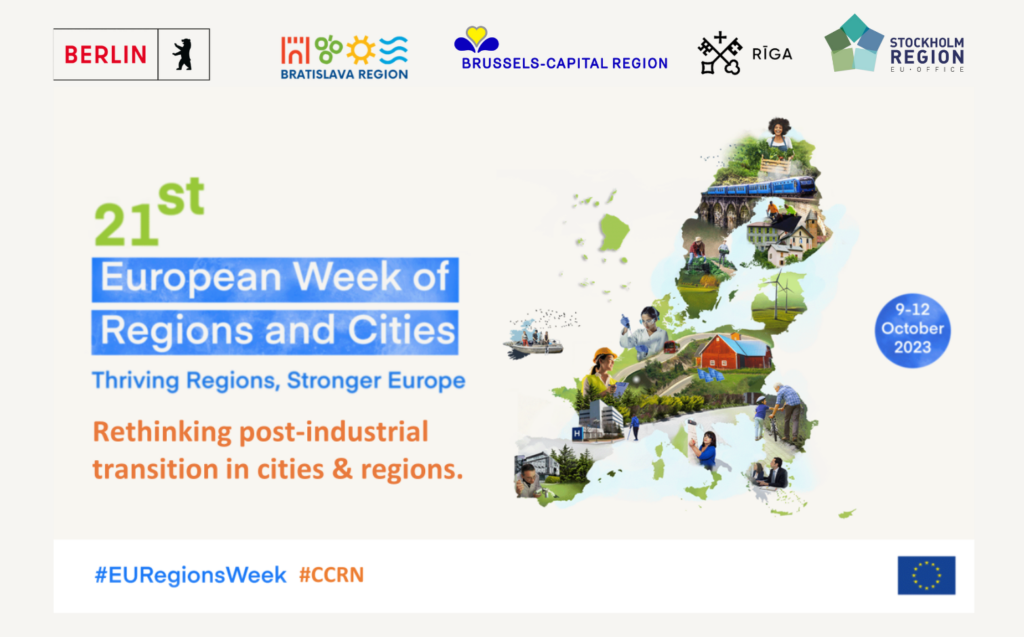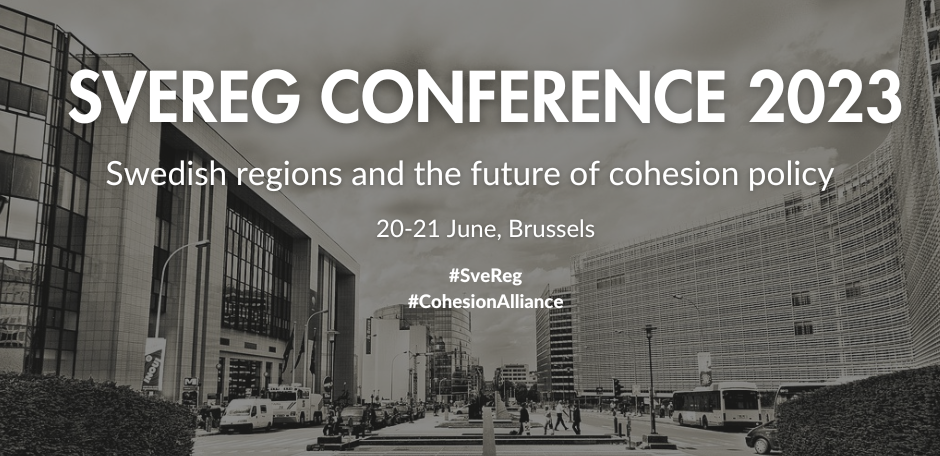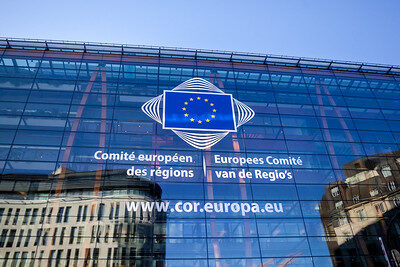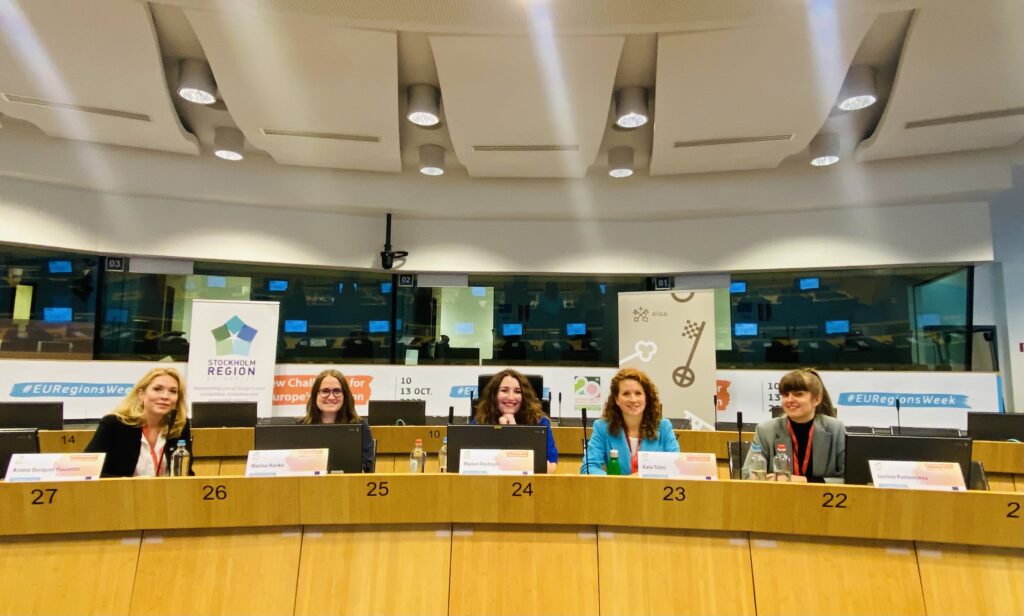Regional policy, or cohesion policy, is an investment policy for all EU regions and cities, with the purpose of strengthening economic, social and territorial cohesion. Cities and metropolitan regions are key to meeting the EU’s economic, social and environmental challenges. Many societal challenges are most prevalent in cities and urban regions, for example challenges relating to employment, climate, social exclusion and migration. At the same time, urban and metropolitan regions often contain innovative solutions to such problems. As a consequence, the EU’s long-term budget and cohesion policy must take stock of the experiences and interests of cities and metropolitan regions.
Cohesion policy must focus on efforts that clearly contribute to meeting regional and local needs, as well as the overall EU policy objectives. The Stockholm Region would like to see an efficient and flexible EU budget post-2020 that allows regions and municipalities to tackle unforeseen situations within the framework of cohesion policy. Furthermore, research and innovation should be prioritised, as these are areas where EU funding may provide great added value.
The Stockholm Region EU Office is continuously working for:
– Promoting a key role for cities and metropolitan regions in the shaping of the future cohesion policy.
– Promoting a more efficient cohesion policy in the period post-2020.






















